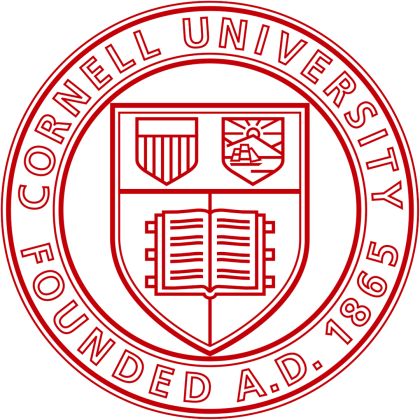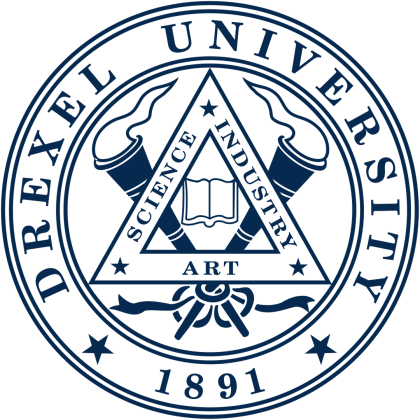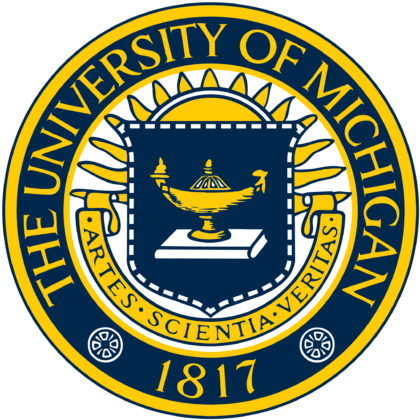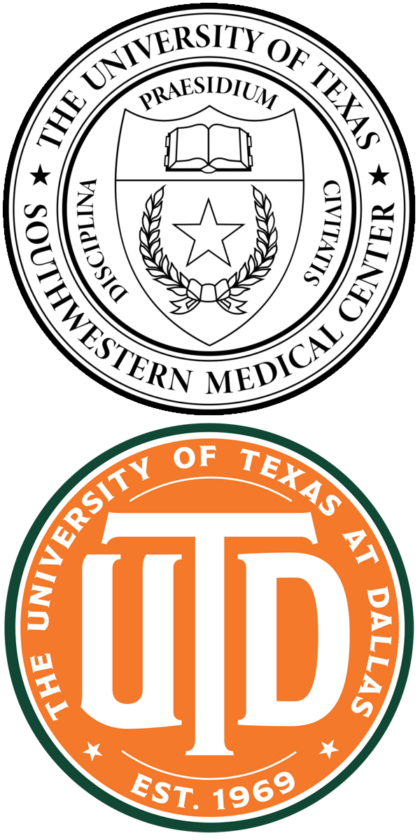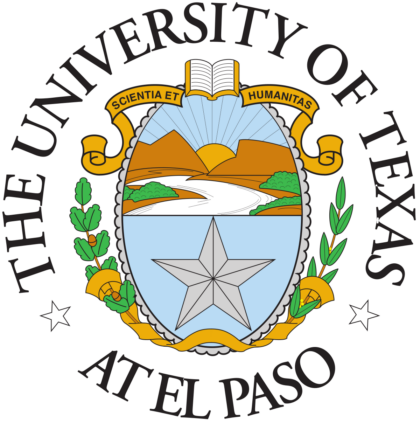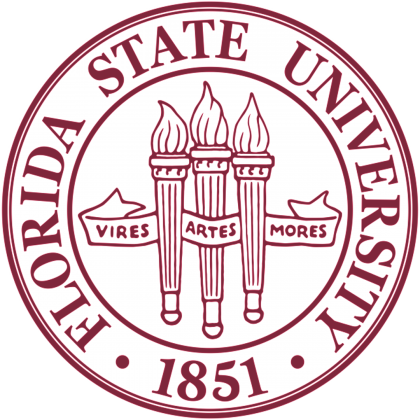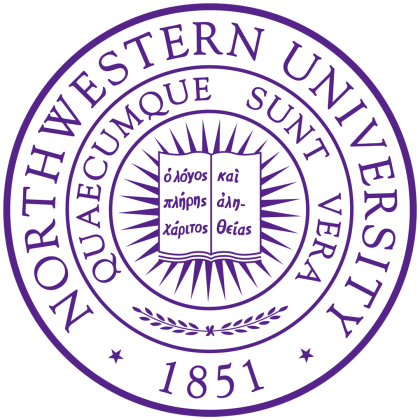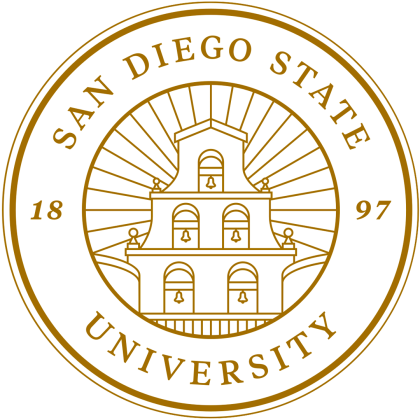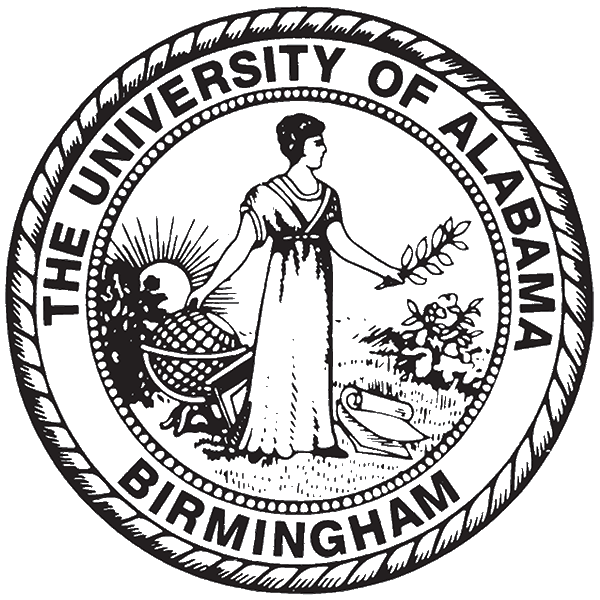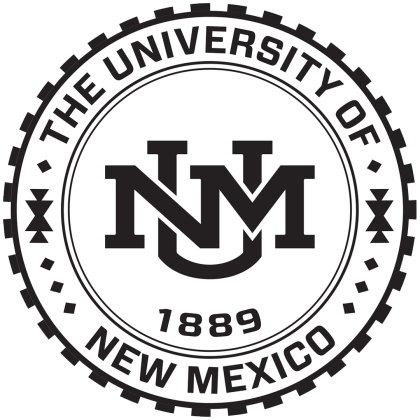Coordination and Evaluation Center (CEC) Institution
Similar to the grants awarded to the FIRST Cohort institutions, funding for the FIRST CEC institution is provided by a grant from the National Institutes of Health (NIH) Common Fund. Morehouse School of Medicine is honored to have been selected as the FIRST CEC institution. As the FIRST CEC, Morehouse School of Medicine collaborates with FIRST Cohort institutions to identify and harmonize a set of common data elements to be used by each institution to facilitate an objective evaluation of the FIRST program goals.

